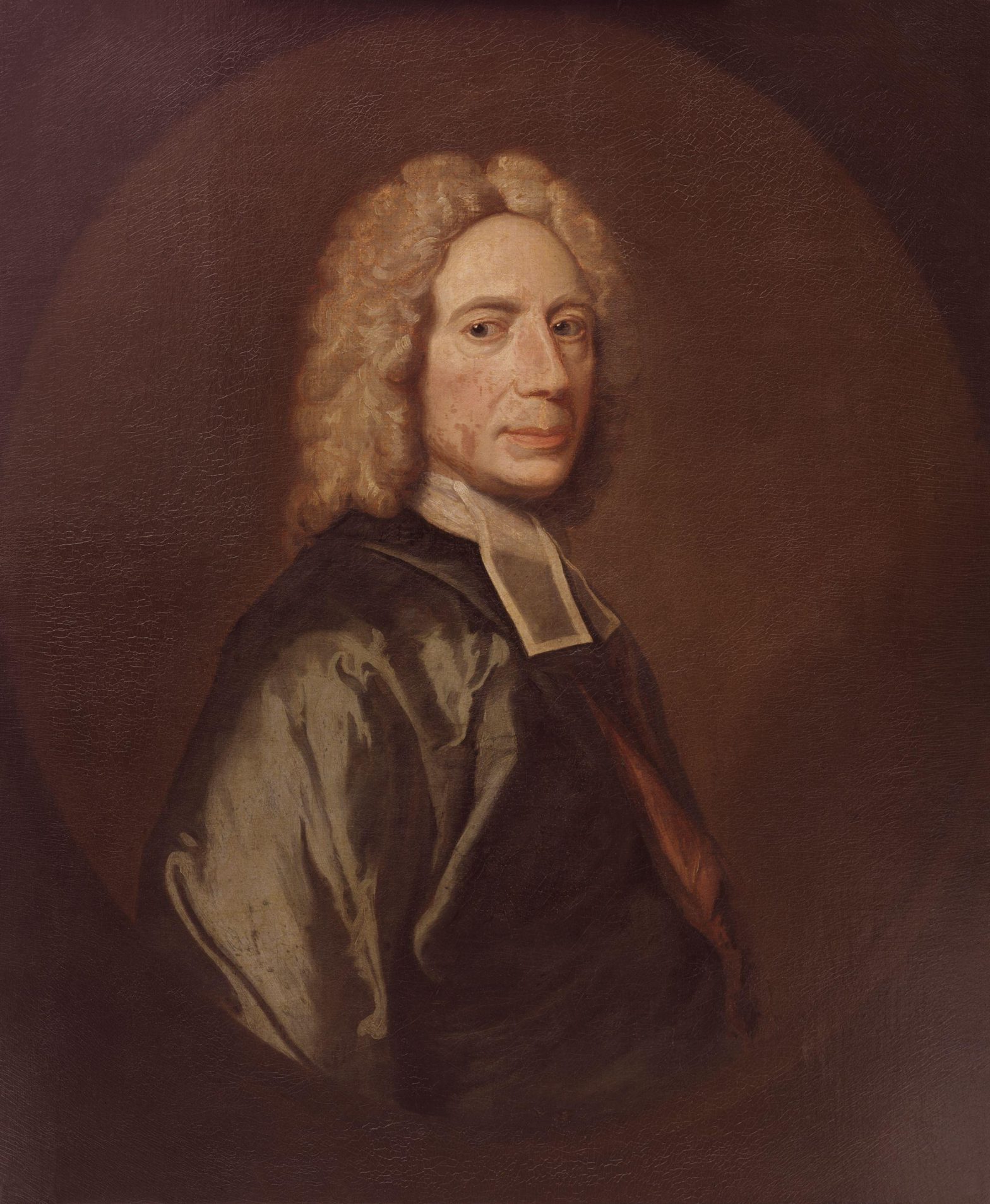Today is the commemoration, in the Lutheran and Anglican traditions, of the death of Isaac Watts in 1748.
Regardless of your religious persuasion, if you have been in the United States or Canada or Great Britain at Christmas, you’ve run into at least one of his many hymns, “Joy to the World”, in some form on the radio, in a Christmas YouTube concert video, or playing on the elevator as it carries you from one floor to another of the shopping mall. You may also know some of his other hymns, perhaps “I Sing the Mighty Power of God”, “Jesus shall reign where’er the sun”, “O God, Our Help in Ages Past”, or “When I Survey the Wondrous Cross”.
Many of his songs are based on the Psalms, but with a New Testament twist that emphasizes grace, mercy, and joy. He explained his composition methdology thus:
Where the Psalmist describes religion by the fear of God, I have often joined faith and love to it. Where he speaks of pardon of sin through the mercies of God, I have added the merits of a Saviour. Where he talks of sacrificing goats and bullocks, I rather mention the sacrifice of Christ, the Lamb of God. When he attends the ark with shouting into Zion, I sing of the ascension of my Saviour into heaven, or His presence in His church on earth. Where he promises abundance of wealth, honour, and long life, I have changed some of these typical blessings for grace, glory, and life eternal, which are brought to light in the Gospel, and promised in the New Testament.
Quoted in Wikipedia, Isaac Watts
Watts was born in 1674 to a committed religious nonconformist. He attended King Edward VI School in Southhampton (founded 1553 and still operating), where he studied Greek, Latin, and Hebrew. Because of his religious views, he was not able to attend Oxford or Cambridge, so he attended an independent academy to receive his theological training and became the pastor of a London Chapel. To supplement his income, he became a private tutor, and besides his many hymns, he wrote books on logic for beginners which was widely used at Oxford, Cambridge, and in the English colonies at Harvard and Yale, for over a century.
Watts’ full title is Logick : or, the right use of reason in the enquiry after truth, with a variety of rules to guard against error in the affairs of religion and human life, as well as in the sciences. Its introductory chapter neatly summarizes the goal of classical education as justification for the study of logic: “Now the design of Logic is to teach the right Use of our Reason, or Intellectual powers, and the Improvement of them in ourselves and others; this is not only necessary in order to attain any competent Knowledge in the Sciences, or the Affairs of learning, but to govern both the greater and the meaner Actions of Life. It is the Cultivation of our Reason by which we are better enabled to distinguish Good from Evil, as well as Truth from Falshood.” (sic)

